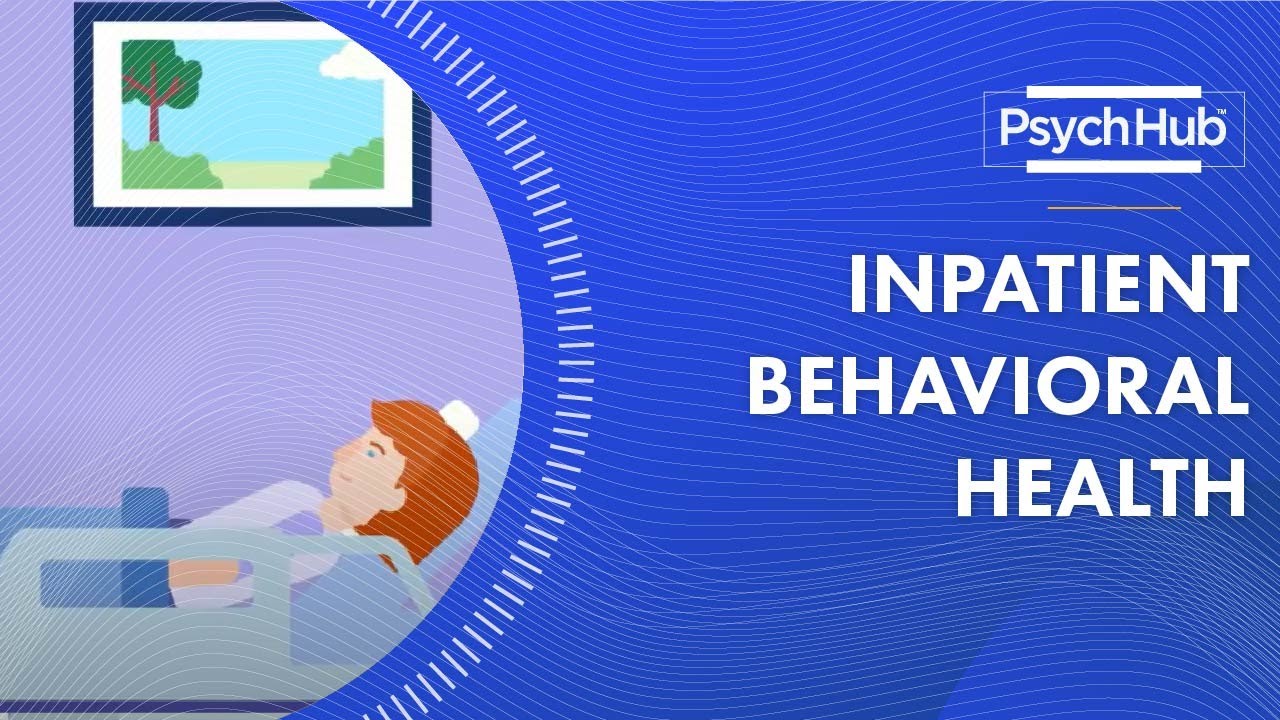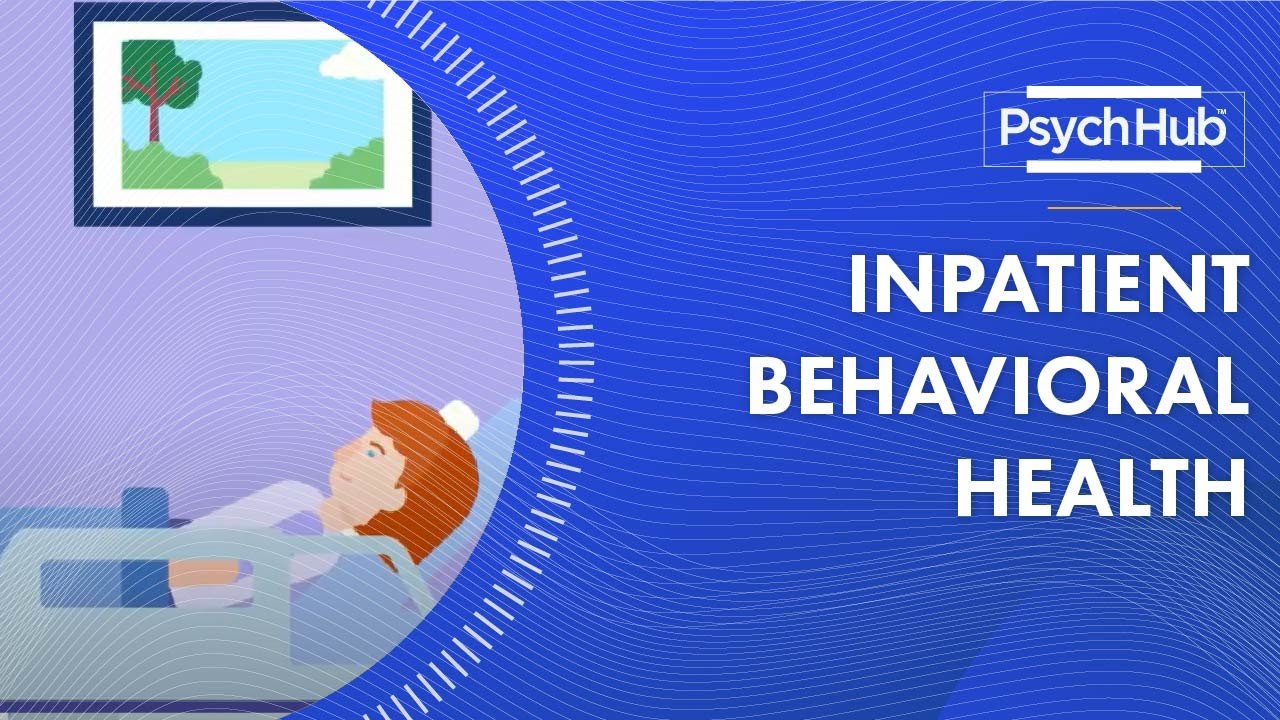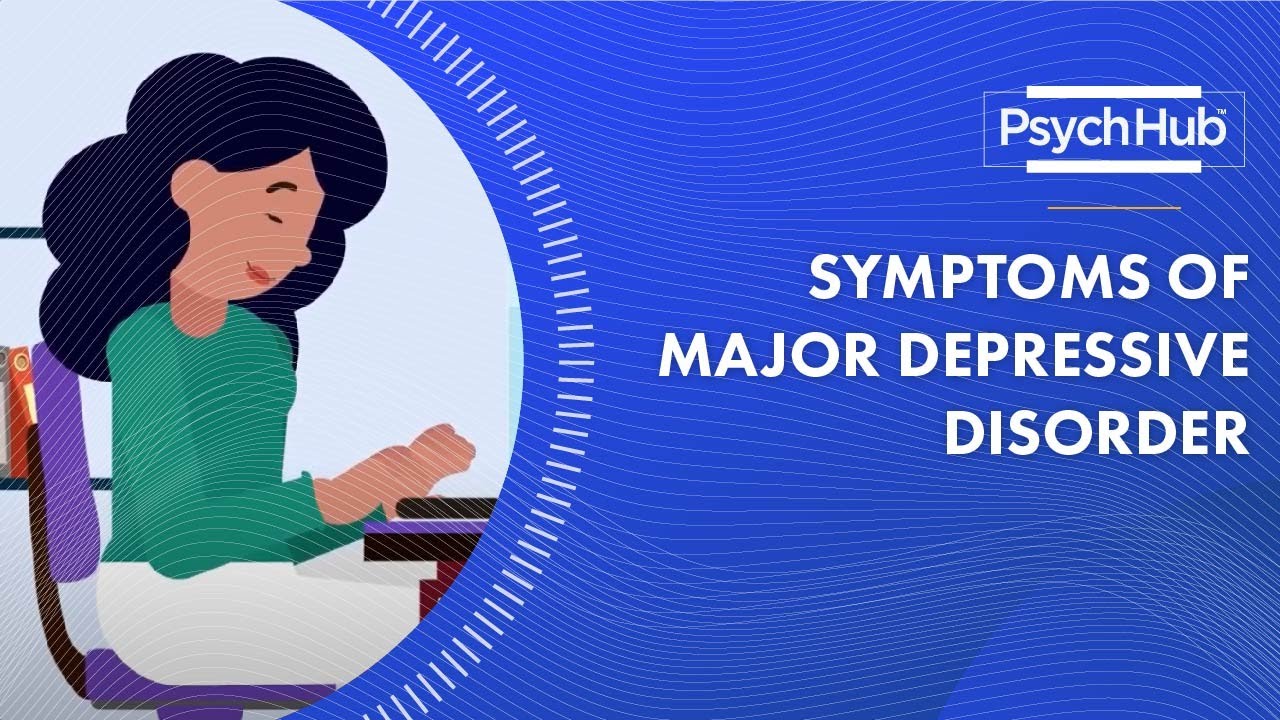The article “What to Expect During Inpatient Psychiatric Care” provides valuable insights into the world of inpatient behavioral health treatment. It shares a personal story of Katrina, who found herself in a mental health crisis and sought professional help. The article emphasizes the importance of seeking assistance and highlights the critical role played by the inpatient treatment team in the recovery journey. It introduces various members of the team, such as nurse practitioners, psychiatrists, psychologists, and clinical social workers, who work together to develop a personalized treatment plan. Through Katrina’s experiences, readers can gain an understanding of what to expect during inpatient psychiatric care and how actively participating in their treatment journey can be vital to their overall health and wellness.
The article also acknowledges the prevalence of mental health crises and encourages individuals to learn about mental health through Psych Hub’s educational resources. It stresses the importance of consulting trained medical professionals or licensed mental health providers for any mental health symptoms. Additionally, it provides contact information for national helplines and crisis text lines for immediate assistance. By sharing her story, Katrina hopes to make a difference and help others who may find themselves in need of help, just like she did during her inpatient stay. Overall, the article serves as a guide for individuals experiencing a mental health crisis, providing essential information and support resources to ensure they receive the help they need.

Mental Health Terminology
Understanding psychological terms
When it comes to mental health, understanding the terminology is essential in order to navigate conversations, research, and seek appropriate help. Psychological terms can often be complex and may vary depending on the specific area of study or practice. It’s important to have a basic understanding of these terms to effectively communicate with mental health professionals and to better comprehend information related to mental health.
Psychological terms cover a wide range of concepts, including various mental disorders, therapeutic approaches, and psychological processes. Some common terms include anxiety disorders, depression, post-traumatic stress disorder (PTSD), schizophrenia, cognitive-behavioral therapy (CBT), mindfulness, resilience, self-esteem, and many more.
By familiarizing ourselves with these terms, we can better understand mental health-related discussions, articles, and even our own experiences. This knowledge can empower individuals to actively engage in their mental well-being and foster a supportive environment for others.
Significance of mental health terminology
The significance of mental health terminology lies in its ability to facilitate effective communication, knowledge-sharing, and understanding. It provides individuals with a common language to express their experiences and concerns, as well as aids mental health professionals in accurately diagnosing and treating mental health conditions.
Using appropriate mental health terminology helps to break down the stigma surrounding mental health by normalizing conversations and reducing misunderstandings. It allows individuals to feel validated in their experiences and encourages a more empathetic and compassionate approach to mental health.
Moreover, mental health terminology plays a crucial role in research, education, and policy-making. It enables researchers to classify and study mental health conditions, develop evidence-based interventions, and monitor trends and prevalence rates. Additionally, mental health terminology helps educators and policy-makers create awareness campaigns, design effective prevention strategies, and allocate resources to improve mental health services.
In summary, understanding mental health terminology is vital for effective communication, empathy, accurate diagnosis, treatment, research, and policy-making. It empowers individuals, reduces stigma, and promotes a holistic understanding of mental health.
Positive Self-talk
Harnessing the power of words
Words have incredible power, and positive self-talk is a way to utilize this power for our benefit. Positive self-talk involves consciously choosing to use positive and empowering words and phrases when speaking to ourselves, either silently or out loud. By practicing positive self-talk, we can foster a healthier self-image, boost self-esteem, and cultivate a more positive mindset.
Our internal dialogue plays a significant role in shaping our thoughts, emotions, and behaviors. Negative self-talk, which is characterized by self-criticism, self-doubt, and negative judgments, can be detrimental to our mental well-being. It can perpetuate negative thought patterns, increase stress levels, and contribute to low self-esteem.
Positive self-talk, on the other hand, involves replacing negative and self-defeating thoughts with uplifting and encouraging statements. It means consciously challenging negative beliefs and reframing them into positive and empowering perspectives. For example, instead of telling yourself, “I’m not good enough,” you can replace that thought with, “I am capable and deserving of success.”
Reshaping mindset and boosting self-esteem
Positive self-talk not only reshapes our mindset but also has a significant impact on our overall well-being. By consistently reinforcing positive affirmations and beliefs, we can rewire our brains and develop a more optimistic and resilient mindset. This shift in mindset allows us to approach challenges with a greater sense of confidence, problem-solving abilities, and self-compassion.
Furthermore, positive self-talk can boost self-esteem. When we replace self-deprecating thoughts with positive and affirming statements, we improve our perception of ourselves and our abilities. This improved self-esteem can enhance our confidence in various areas of life, enable us to set and achieve goals, and foster healthier relationships.
Practicing positive self-talk requires patience and consistency. It involves paying attention to our inner dialogue, challenging negative thoughts, and consciously reframing them into more positive and constructive statements. Over time, this practice becomes more natural, and the positive mindset becomes deeply ingrained in our thoughts and beliefs.
Cultivating resilience through positive affirmations
Positive self-talk is a powerful tool for cultivating resilience. By incorporating positive affirmations into our daily lives, we can enhance our ability to bounce back from setbacks, navigate stress, and overcome challenges.
Affirmations are positive statements that we repeat to ourselves to affirm certain qualities or beliefs. For example, affirmations such as “I am strong and capable,” “I have the power to overcome any obstacle,” or “I am deserving of love and happiness” can help us build resilience and maintain a positive outlook even in difficult times.
Practicing positive affirmations during moments of stress or adversity can help reframe our perception of the situation, build confidence, and remind us of our inner strength. By focusing on positive possibilities and cultivating self-belief, we can develop resilience and face life’s challenges with greater ease and optimism.
In conclusion, positive self-talk is a valuable tool for reshaping our mindset, boosting self-esteem, and cultivating resilience. By harnessing the power of words and consciously choosing positive affirmations, we can foster a more positive and empowering internal dialogue, leading to improved mental well-being and personal growth.
Outpatient Behavioral Health
Benefits of outpatient behavioral health treatments
Outpatient behavioral health refers to mental health treatments that do not require overnight stays in a hospital or residential treatment facility. Instead, individuals receive care and therapy on an outpatient basis, typically attending regular appointments with mental health professionals while living at home or within their community. outpatient behavioral health treatments offer several benefits compared to inpatient care.
-
Flexibility and convenience: Outpatient treatment allows individuals to maintain their regular routines, including work, school, and family commitments. This flexibility makes it easier to access the necessary care without disrupting daily life.
-
Cost-effective: In general, outpatient care is more cost-effective than inpatient care. The expenses associated with overnight hospital stays and residential treatment facilities are typically higher. Outpatient care allows individuals to receive the treatment they need while minimizing financial strain.
-
Individualized treatment plans: Outpatient care provides an opportunity for mental health professionals to tailor treatment plans to the specific needs and circumstances of each individual. The ability to collaborate with experts to create personalized plans increases the likelihood of successful treatment outcomes.
-
Supportive community integration: Outpatient care ensures that individuals receiving treatment remain connected to their communities. This integration can provide valuable support, encouragement, and understanding from family, friends, and local support networks.
-
Continuity of care: Outpatient treatment often involves ongoing therapy sessions and regular check-ins with mental health professionals. This continuity of care allows for ongoing support, monitoring, and adjustments to treatment plans as needed.
Procedures and differences from inpatient care
Outpatient behavioral health treatments involve various procedures and differ from inpatient care in several ways. Some key procedures and differences include:
-
Initial evaluation: The first step in outpatient behavioral health is typically an initial evaluation. During this evaluation, a mental health professional assesses the individual’s mental health needs, determines the most appropriate treatment options, and develops a comprehensive treatment plan.
-
Therapy sessions: Outpatient care commonly involves individual therapy, group therapy, or a combination of both. Therapy sessions provide a safe and supportive space for individuals to explore their thoughts, emotions, and behaviors, and work towards positive change.
-
Psychiatric medication management: If psychiatric medication is part of the treatment plan, outpatient care often includes regular appointments with a psychiatrist or another prescribing professional. These appointments involve evaluating medication effectiveness, adjusting dosages if necessary, and monitoring potential side effects.
-
Intensive outpatient programs (IOP): In some cases, individuals may require a more structured level of outpatient care known as an intensive outpatient program (IOP). IOPs typically involve multiple therapy sessions per week, providing additional support and monitoring for individuals with more severe mental health concerns.
-
Crisis intervention: While outpatient care aims to prevent crises and promote overall well-being, mental health emergencies can still occur. Mental health professionals in outpatient settings are trained in crisis intervention and can provide guidance, resources, and immediate support during these times. If necessary, they can also facilitate referrals to more intensive levels of care, such as inpatient hospitalization.
In summary, outpatient behavioral health treatments offer flexibility, cost-effectiveness, individualized care, community integration, and continuity of care. Procedures such as initial evaluations, therapy sessions, medication management, and crisis intervention are essential components of outpatient care. By providing accessible and personalized treatment options, outpatient care plays a crucial role in supporting individuals’ mental health and well-being.



